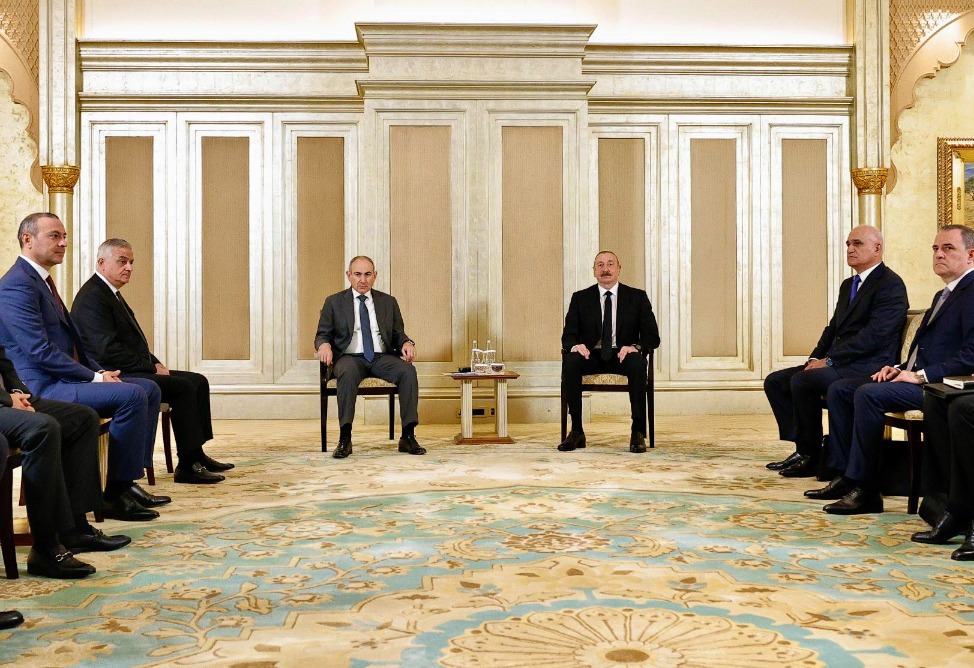Social and economic problems dominate parties’ election programs
18.04.2012,
20:33
Social and economic problems dominate in the election programs of Armenian political forces campaigning currently for May 6 parliamentary elections, according to Alexander Markarov, director of the Armenian branch of the CIS Institute, who spoke during a video news conference Yerevan-Moscow today, adding that foreign policy issues are largely neglected.

YEREVAN, April 18. / ARKA /. Social and economic problems dominate in the election programs of Armenian political forces campaigning currently for May 6 parliamentary elections, according to Alexander Markarov, director of the Armenian branch of the CIS Institute, who spoke during a video news conference Yerevan-Moscow today, adding that foreign policy issues are largely neglected.
He said in the previous election campaign the parties presented their views concerning the Karabakh conflict, regional security and relationships with various external actors. Markarov said no one at this stage expects Armenian political forces to elaborate on mechanisms which they would use to implement their objectives.
Makarov also said that the majority of forces speak about the need of regional stability and security, with the exception of Heritage and Armenian Revolutionary Federation (ARF) which call on the authorities to recall Armenia’s signature from under Armenian-Turkish protocols, signed in 2009 on the establishment of diplomatic relations and opening of borders.
Eight political parties and one electoral bloc for the May 6 parliamentary elections. They are three coalition parties - the Republican Party of Armenia, Bargavach Hayastan (Prosperous Armenia) and Orinats Yerkir (Country of Law), the Armenian Revolutionary Federation (ARF), Zharangutyun (Heritage), which has a combined list with Free Democrats, the Armenian National Congress (electoral bloc), the Democratic Party of Armenia, the Armenian Communist Party and the United Armenians party.
The campaign for parliamentary elections kicked off on April 8 and will run through May 4. Experts believe that the main battle will be between the Republican Party of Armenia, Prosperous Armenia and the opposition Armenian National Congress. The National Assembly consists of 131 deputies (41 deputies are elected under the majoritarian system (single-mandate constituencies) and 90 under the proportional representation system (by party lists). To enter the National Assembly, political parties need to overcome the 5% threshold. The barrier for alliances is 7%. The current parliament, formed following the May 12 elections is made up of five parties - the Republican Party of Armenia, the Prosperous Armenia, Country of Law, Heritage and Armenian Revolutionary Federation. The Republican Party controls 63 seats, Prosperous Armenia – 26, Country of Law – 8, Heritage - 16 and ARF -7 seats. -0-



